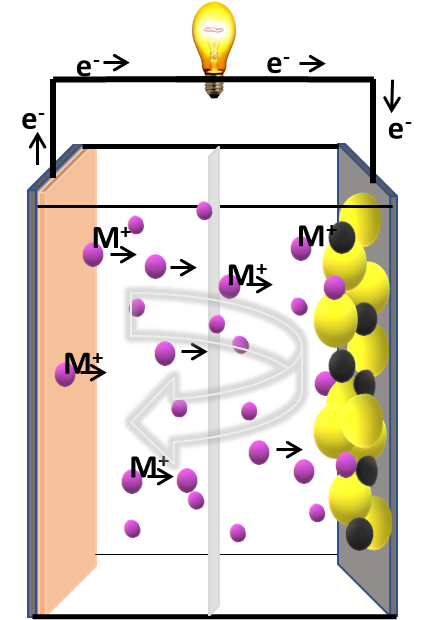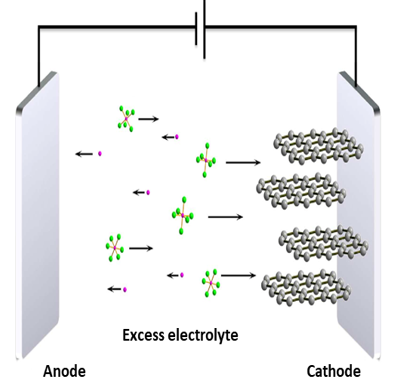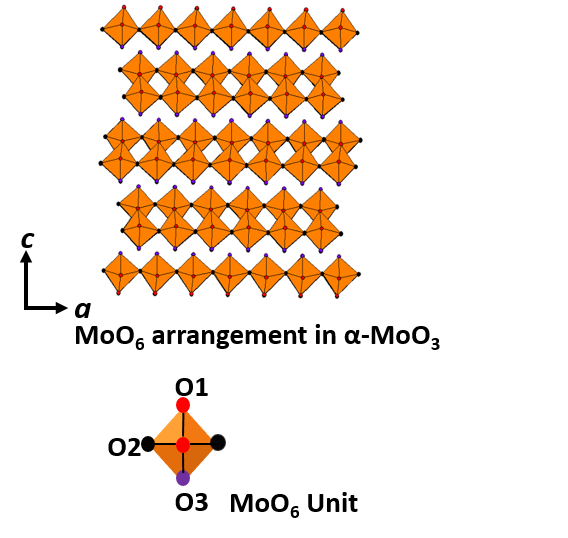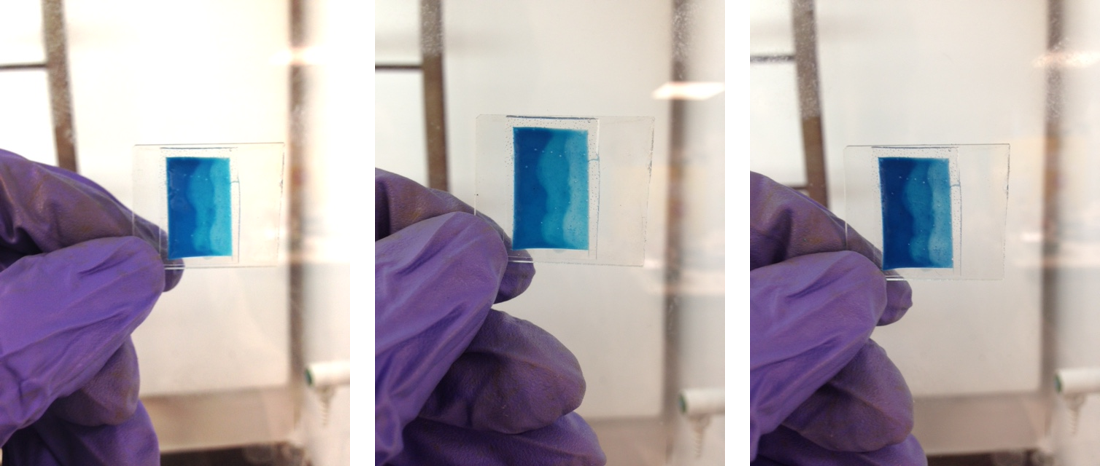The aim is to explore the post-Li ion battery chemistries that can surpass the energy limits of the rechageable batteries used today. The high-energy electrode materials, for instance, sodium, magnesium, aluminium and zinc are abundant and low-cost. Through controlling the structural and chemical aspects of the electrode materials, we design novel battery materials, and develop battery prototype. An equal emphasis is given to insigh structure-property relationships through state-of-the art characterization tools.

Dual-ion batteries offer various advatages over the tradiation batteries, including high operating voltage, fast-charging behavior, relatively cheaper and enviromentally friendly. However, the sepcific capacity is significantly low, and required to be increased to at least 3-fold to realize its practical applications. In our group we focus on manipulating the surface chemistry of the electrode materials through various routes to boost the specific capacity of Dual-ion batteries without sacrifycing their core attributes.

Supercapacitors have much higher power density compared to batteries due to their inherent storage mechanism; however, they lack energy density. To enhance the energy density our group focuses on manipulating the structure of the electrode materials through solution synthesis route. While the trnasistion metal oxides are used to enhance the faradic contributions, special types of carbon scaffold are being used to ensure a high electronic conductivity.

Energy is the basic need for everything to survive. Similar to energy storage, energy saving through smart materials is equally important. At ABRL, we are involved in developing smart materials for energy saving applications.
